View all filters
Clear
Residence
Written in Italian by Maurizio Amendola
9 minutes read
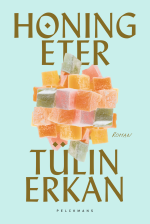
PŘÍLETY / GELİŞ (Medosavka)
Translated from
Dutch
to
Czech
by Klára Němcová
Written in Dutch by Tülin Erkan
6 minutes read
O retrato
Translated from
Dutch
to
Portugese
by Lut Caenen
Written in Dutch by Hannah Roels
7 minutes read
Ortensio
Translated from
Italian
to
Romanian
by Nicoleta Iolanda Rus
Written in Italian by Maurizio Amendola
3 minutes read
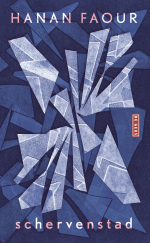
місто з уламків скла / розбите місто
Translated from
Dutch
to
Ukranian
by Larysa Dobra
Written in Dutch by Hanan Faour
7 minutes read
Nebyla jsem, ale už jsem. Citlivá na každou změnu počasí.
Translated from
Serbian
to
Czech
by Markéta Chlebovská
Written in Serbian by Marija Pavlović
8 minutes read

ARRIVALS / GELIȘ (Przyloty)
Translated from
Dutch
to
Polish
by Anna Opara
Written in Dutch by Tülin Erkan
6 minutes read
Cu păsările am în comun cerul
Translated from
Slovenian
to
Romanian
by Paula Braga Šimenc
Written in Slovenian by Agata Tomažič
9 minutes read
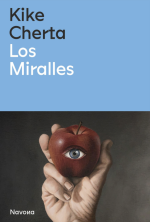
Rodzina Miralles
Translated from
Spanish
to
Polish
by Justyna Sterna
Written in Spanish by Kike Cherta
7 minutes read
Natalya
Translated from
Portugese
to
Italian
by Francesca Leotta
Written in Portugese by Valério Romão
5 minutes read
Bubblegum Blues
Translated from
Dutch
to
Romanian
by Cătălina Oșlobanu
Written in Dutch by Carmien Michels
5 minutes read
Residence
Translated from
Italian
to
Dutch
by Lies Lavrijsen
Written in Italian by Maurizio Amendola
11 minutes read
Monsterboom Boomjongen
Translated from
Spanish
to
Dutch
by Heleen Oomen
Written in Spanish by Mariana Torres
10 minutes read
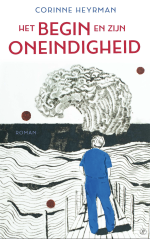
Початок та його безкінечність
Translated from
Dutch
to
Ukranian
by Larysa Dobra
Written in Dutch by Corinne Heyrman
8 minutes read
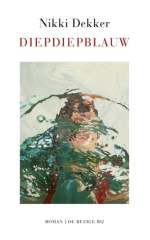
Pez plano
Translated from
Dutch
to
Spanish
by Daniela Martín Hidalgo
Written in Dutch by Nikki Dekker
8 minutes read
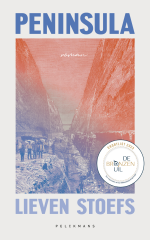
Korytarz (Peninsula)
Translated from
Dutch
to
Polish
by Anna Opara
Written in Dutch by Lieven Stoefs
7 minutes read
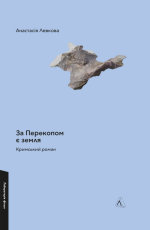
Имало едно време Крим
Translated from
Ukranian
to
Bulgarian
by Dayana Gocova
Written in Ukranian by Anastasia Levkova
8 minutes read
Diccionario del preso
Translated from
Italian
to
Spanish
by Inés Sánchez Mesonero
Written in Italian by Sara Micello
7 minutes read
Torcidos
Written in Spanish by Matías Candeira
7 minutes read
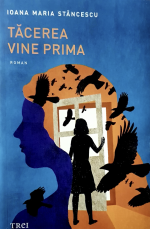
Il silenzio viene prima
Translated from
Romanian
to
Italian
by Barbara Pavetto
Written in Romanian by Ioana Maria Stăncescu
10 minutes read